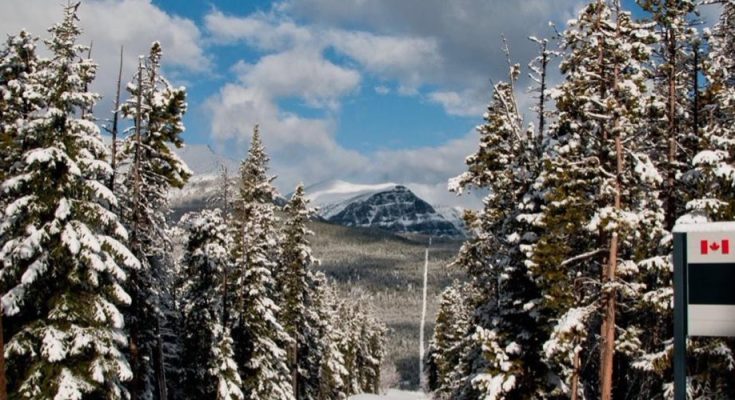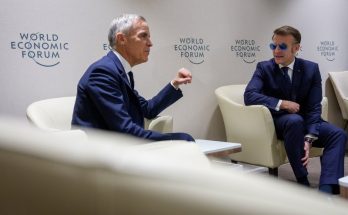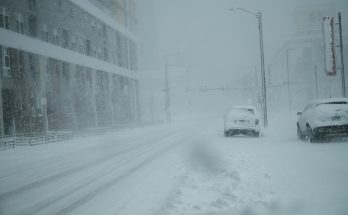Ottawa/CMEDIA: Canada’s ports of entry would reportedly no longer grant work and study permits for flagpolers.
Flagpolers are foreign nationals holding temporary resident status in Canada who leave the country and re-enter to access immigration services, such as work or study permits, at a port of entry rather than submitting a renewal application through Immigration, Refugees and Citizenship Canada.
The Canada Border Services Agency (CBSA), which facilitates the flow of legitimate travellers and trade, reports that more than 69,300 flagpolers were processed between April 1, 2023 and March 31, 2024 primarily in the Pacific, southern Ontario and Quebec regions.
Having taking up significant resources at the border, this practice has diverted Canadian and American officers away from important enforcement activities and has contributed to wait times for cross-border travellers.
“Immigration services at the border are meant for individuals arriving in Canada, not for those already in Canada. Applications and renewals for work or study permits need to be submitted through Immigration, Refugees and Citizenship Canada (IRCC). ” a news release has said
Besides benefiting Canada and the U.S. by allowing both countries to effectively manage border operations, these changes would facilitate in maintaining the integrity of our shared border.
Applications and renewals for work or study permits need to be submitted through Immigration, Refugees and Citizenship Canada (IRCC). Those who attempt to flagpole for a work and study permit will be told to submit their application to IRCC unless they meet limited exemptions.
“This change will enable us to further streamline activities at our ports of entry and allow Canadian and American border officers to focus on what they have been expertly trained to do — border enforcement,” Public Safety Minister David McGuinty said in a statement on Monday.
The CBSA says the changes to flagpoling were made to allow both Canada and the United States to “effectively manage border operations and maintain the integrity of our shared border.”
“A strong Canada-U.S. relationship keeps people and goods moving safely while protecting both sides of the border. Flagpoling is unnecessary and diverts resources from critical enforcement activities,” Immigration Minister Marc Miller said in a statement.
As part of a broader move to strengthen Canada’s border security, this announcement comes ahead of the inauguration of U.S. president-elect on Jan. 20 .
Being focused on strengthening its border security, Canada’s efforts were to dissuade Trump from imposing a hefty 25 per cent tariff on all Canadian goods.
While earmarking $1.3 billion for a border security package over six years, the Liberal government’s fall economic update also includes buying helicopters and drones to strengthen monitoring of the shared border and spending more on the CBSA, the RCMP, Public Safety Canada and the Communications Security Establishment Canada said in a statement.
But the statement did not clarify details about how that money will be spent.
Partly due to this commitment to border security and Canada’s impending tariff war led former deputy prime minister and finance minister Chrystia Freeland to resign from cabinet.
In her resignation letter to Prime Minister Justin Trudeau, Freeland said the two have been at odds over the best path through Trump’s tariff threat.
“We need to take that threat extremely seriously,” she wrote in her letter. “That means keeping our fiscal powder dry today, so we have the reserves we may need for a coming tariff war.”
In some “limited circumstances,” work and study permits may be administered to individuals who would otherwise meet the criteria of a flagpoler, the CBSA said.
CBSA added that these exceptional circumstances would include; citizens and permanent residents of the U.S.; truck drivers who need to leave Canada for work; professionals and technicians under free-trade agreements with the U.S./Mexico, Chile, Panama, Peru, Colombia and South Korea; and spouses or common-law partners of professionals and technicians under free-trade agreements with Panama, Colombia and South Korea .





